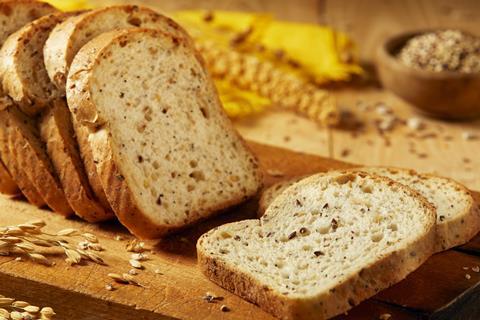
A weekly gluten-free shop costs 37% more than a standard one, new research from UK Debt Expert has revealed.
The organisation analysed 25 common weekly food items across four of the largest UK supermarkets (Asda, Tesco, Morrisons, and Sainsbury’s) to create a price comparison of gluten-free, nut-free, and dairy-free products compared to the standard price of ‘regular’ items. To ensure fair comparison, the company looked at the price per 200g or ml per item, which revealed that the average person in need of gluten-free alternatives is spending £13.55 extra a week – or 37% more.
| Standard total weekly shop per 200ml/200g | Gluten-free total weekly shop per 200ml/200g | Price difference | |
|---|---|---|---|
|
Asda |
£29.71 |
£37.15 |
£7.44 |
|
Tesco |
£32.62 |
£46.16 |
£13.54 |
|
Sainsbury’s |
£29.15 |
£48.31 |
£19.16 |
|
Morrisons |
£28.46 |
£42.53 |
£14.07 |
|
Average |
29.99 |
43.54 |
£13.55 |
| Source: UK Debt Expert | |||
“Our research is particularly concerning for the millions of people who need to consume specific free-from foods just to avoid digestive problems and other health issues. It’s unfair that they need to pay so much extra just to meet a dietary requirement – and even after they pay more, the item size is often smaller, too,” said Maxine McCreadie, personal finance expert at UK Debt Expert.
However, manufacturers are keen to highlight the complex nature of producing gluten-free items.
Chris Hook, director of free from at Warburtons, explained that the volumes, ingredients used and how they’re made in a dedicated gluten-free bakery is different to baking standard ones. “This makes comparing gluten free products to their standard counterparts difficult,” he said.
Declan Lockett, MD UK & Ireland for Dr. Schär, which acquired its first UK-based factory in 2022, offered additional insight. “The higher cost of gluten-free products compared to conventional items reflects the increased cost of gluten-free raw materials, including precious minor crops that are not always grown on a large scale and that require sensitive production and quality assurance processes to prevent contamination and preserve quality,” he said.
Lockett also highlighted that thanks to advancements in packaging technology and processes, some loaves made without preservatives can have a shelf life of up to 90 days.
“This provides more options for consumers and allows convenience stores with typically lower rates of sale to offer core items to those on a gluten-free diet. However, it’s important to note that sustainability technology has a high implementation cost, which we never fully pass on to end-users but partly impacts them,” he added.
Demand for gluten-free products, particularly bread, is still high. Gluten-free bread amassed sales of £128m, according to Circana data for the 52 weeks to 23 March 2024 – a figure that has climbed by 51% over the last five years. Manufacturers are keen to tap into demand with investments to boost capacity as well as new products to meet the changing needs of consumers.




















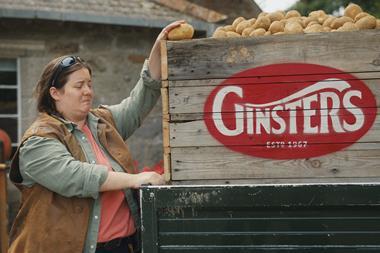
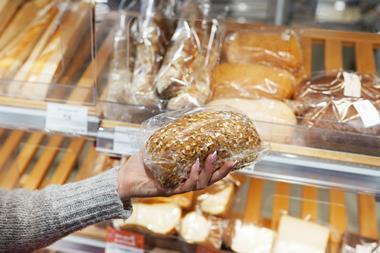
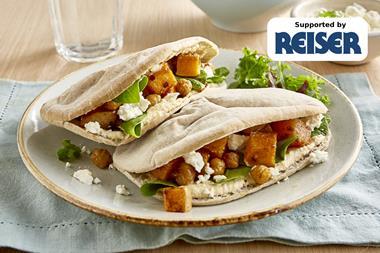
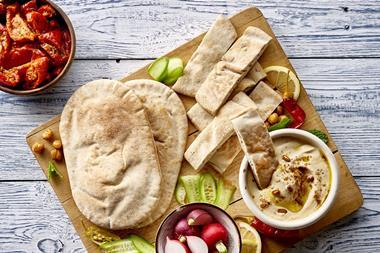
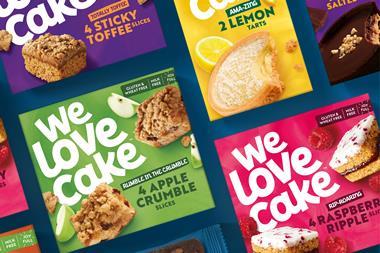







No comments yet